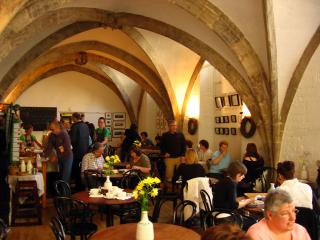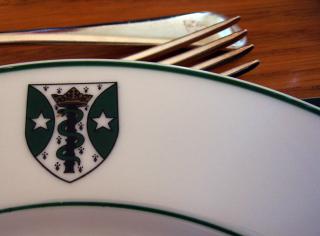Another day of cold and constant rain is proving a demonstration of how volatile Oxford weather has been in recent weeks. Some mornings start out utterly grim and transition into warm and stunning evenings. Others persist stubbornly in keeping people in the libraries and out of the parks and gardens. Weather forecasts for the coming week suggest that it will be better suited to those determined to study than to those keen on giving punting or croquet a try. My hopes that the Lake District trip would be less rainy than Scotland or Snowdonia may prove unfounded.
With exams only 15 days away, they should probably be dominating my thoughts. It is a bit odd how the qualifying test last year, which involves only half the material of these exams, seemed to have much more presence in the minds of those in the program. This may be the product of the declining momentum that accompanies being at the end. It may also reflect how – barring those going on to the D.Phil – there are not many members of the program for whom it is hugely better to get a distinction than it is to simply pass.





